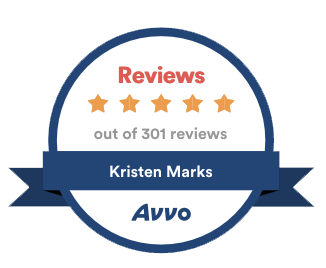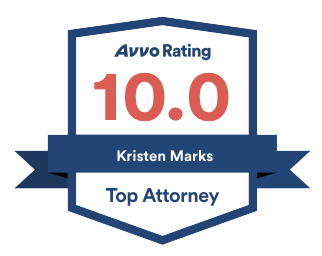
When thinking about estate planning, we all have a general idea of what we want to happen to our house and the money in our bank accounts after we die. But have you ever thought about all the songs on your iTunes account? Or the information and photos on your Facebook page? These are examples of “digital assets.”
We all have digital assets, whether it’s a Twitter account, email account, PayPal account, Amazon, eBay business, LinkedIn, etc., but most of us probably haven’t thought about how they should be maintained after we die or become disabled.
Who do you want to have access to and/or control your digital assets when you are no longer able to, and how can you accomplish your wishes?
Florida Fiduciary Access to Digital Assets Act
Recently, Florida passed the Florida Fiduciary Access to Digital Assets Act. This Act gives digital users the ability to decide whether their digital assets should be preserved, given to their heirs, or deleted.
But if you want your digital assets to be preserved, who is going to maintain them and what information are they allowed access to? This Act allows you as the user to give access to and disclosure of digital assets to a third person, called a fiduciary.
There are two ways that you can give someone else legal access to your digital assets. The first way is through an “online tool.” This is a service provided by the specific company (Facebook or Google for example) where a user can give directions for disclosure or nondisclosure of their digital information to a third person. So far, Facebook has such a tool called Facebook’s Legacy Contact, and Google’s tool is called “Google’s Inactive Account Manager.”
If we don’t have an online tool in place, the second way to direct someone else to have legal access to your digital access is through a legal document such as a will, appointment of guardian, power of attorney, or trust. Your estate planner will know how to draft the right language to make sure the person you are naming as the personal representative, guardian, agent, or trustee gets the kind of access to your digital assets that you want. In fact, our office is one of the first to incorporate such digital assets language into our clients' documents.
For example, you can allow the trustee of a trust to have access to the “non-content” communications of your Google account, but not the “content” of the communications. Therefore, the person would be able to receive the catalog of emails sent or received by your email account, including who you communicated with and the date and time, but not the actual content of the emails.
The Florida Fiduciary Access to Digital Assets Act has different rules depending on the type of access (content vs. non-content) and who is gaining access. For example, the personal representative named in your will is allowed access to the content of your digital assets only if you specifically provide so in your will, but they are always allowed access to non-content communications unless specially prohibited in your will. (And of course there is always the backup rule that a court can direct otherwise).
There are different rules for personal representatives, agents under a power of attorney, and trustees. Your estate planner will be familiar with all of the different provisions that apply and can make sure the correct authorization is granted depending on the type of document used.
If we have both directions in place, both an “online tool” and a legal document (will, trust, etc), the online tool will trump the legal document and be one that is relied on by the courts. If we don’t have either, the courts will have to look to the Terms of Service Agreement that the website or company already has in place.
I hope this information helps explain your options regarding digital assets and how can you include them in your estate planning!






